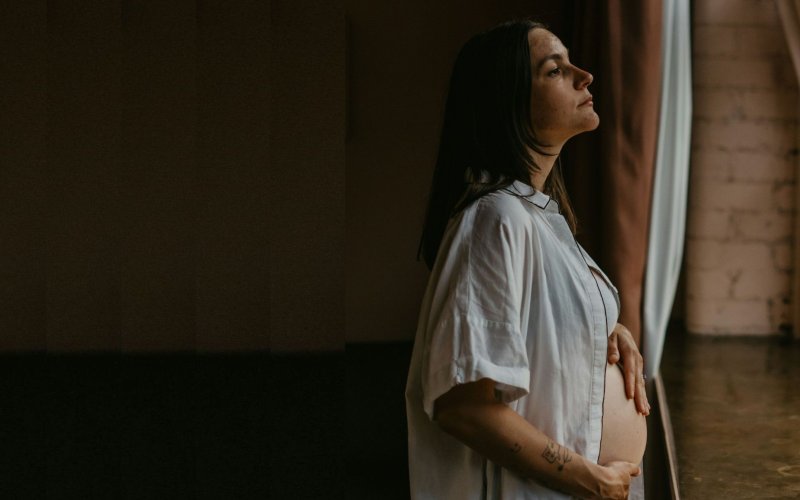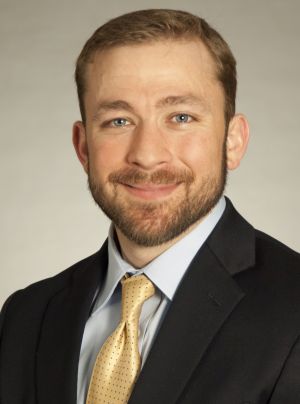Study Finds Public Opposes 'Coerced Motherhood' Behind Bars

ALBANY, N.Y. (June 25, 2024) — Abortion bans are forcing more women in the criminal justice system to carry their pregnancies to term, and a new study finds that most people would prefer providing abortion and parental support to these women.
The study, co-authored by School of Criminal Justice Professor Justin Pickett along with researchers from the University of Cincinnati and Xavier University, was published in the journal Criminology & Public Policy earlier this month.

“Abortion access is a social, economic, health and human rights issue,” Pickett said. “After the Supreme Court’s Dobbs decision overturning Roe v. Wade, women in many states face growing barriers to abortion access. The barriers are highest for pregnant women behind bars, most of whom are presumed innocent and awaiting trial, because they cannot leave their state. There are also hundreds of thousands of women on probation or parole who cannot travel across state lines for abortion access without formal permission, something they are unlikely to get in places passing anti-choice laws.”
Many states increased limits on — or outright banned — abortion after the Supreme Court reversed the constitutional right to abortion that had been in place under Roe since 1973. That disproportionately impacted the estimated 58,000 incarcerated pregnant people in the United States, who had no option to travel to access abortion services elsewhere. The study, “Coerced motherhood behind bars: Public support of abortion access for incarcerated women,” focused on states that limit abortion, examining public opinion on abortion and parental aid.
“The results reveal that a majority of the American public favors providing incarcerated women in these states with access to abortion through surgical procedures or medication (pills),” the article states. “Among respondents residing in states banning abortion, more endorse than oppose reproductive rights. Support for abortion is particularly high when the pregnancy is due to rape or poses a risk to a woman's health.”
The study also found that respondents think incarcerated people who do have babies should receive support, such as baby food and clothing, and that “conservative Republicans are most in favor of coercing motherhood and least in favor of providing parental aid.”
Pickett and his co-authors call coerced motherhood a violation of human rights.
“It is easy to forget that women in the criminal legal system—those behind bars or on community supervision — also suffer from the Dobbs decision,” Pickett said. “Many of these women are in restrictive states but in federal facilities. The problem is that pregnant inmates, parolees and probationers lack the individual rights (such as the ability to travel across state lines) that empower women in free society to circumvent local efforts to control their bodies.”
Under Roe v. Wade, incarcerated women had a constitutional right to abortion, although in practice that right was often unsupported, the authors note. Without the constitutional right to abortion, the ability to access services is even more limited, especially in states pushing to criminalize assistance for those seeking abortion, or to add murder charges to people who have abortions.
“The legal landscape that will affect incarcerated women is shifting as state court decisions, ballot initiatives, and restrictions on rights are passed into law…” the article states, noting that 14 states have approved total or near-total bans on abortion, and three more have similar bans on temporary hold through court action. “Pregnant incarcerated women in these states will face the collateral punishment of coerced motherhood,” the authors write.
“The best solution and one that is consistent with public opinion is to adopt a ‘Model Reproductive Services Code’ that requires legal authorities to provide women in the criminal legal system with pregnancy screenings, counseling and assistance in obtaining (e.g. via travel) abortion access,” Picket said.




